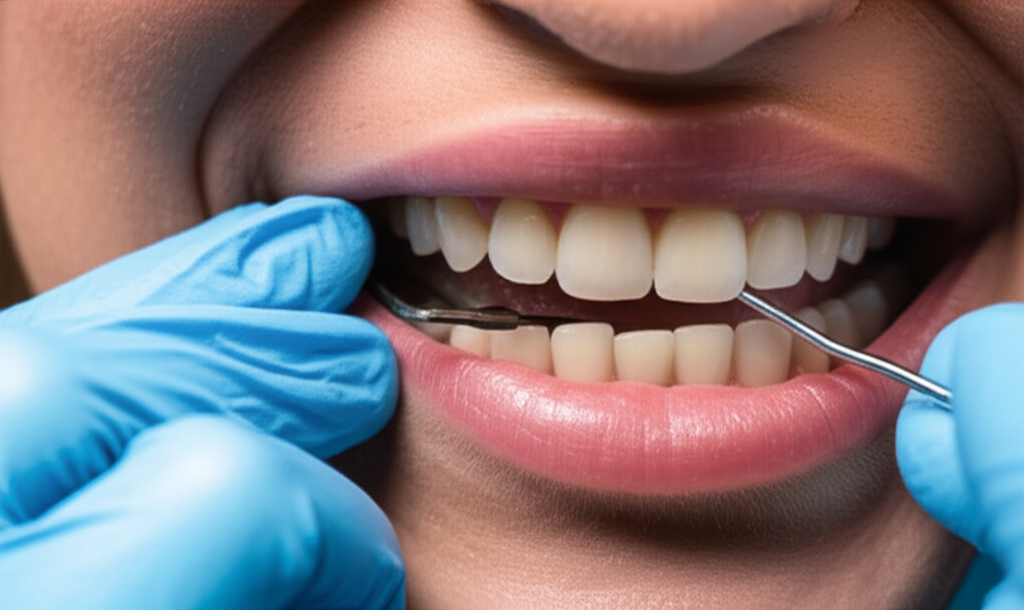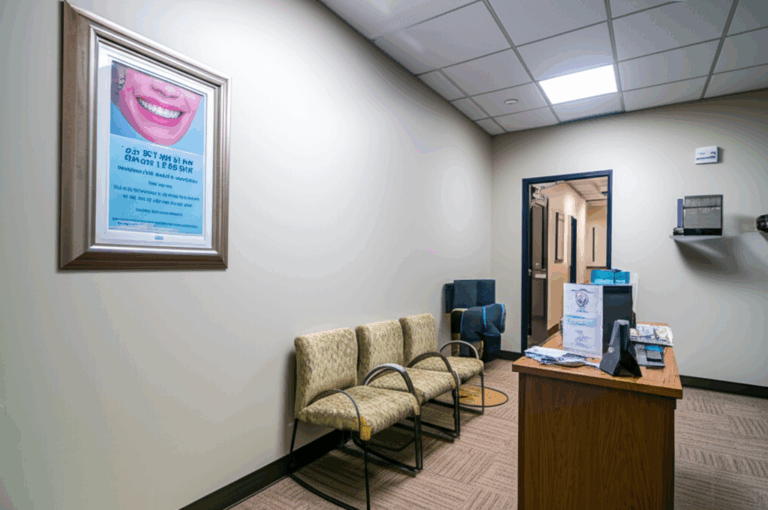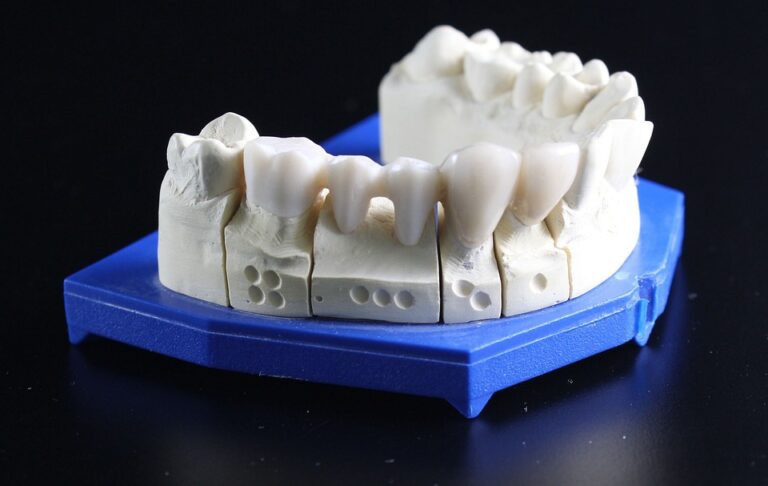
Does Nevada Medicaid Cover Dental Implants?
Understanding Your Options—and Getting the Dental Care You Deserve
That Big Dental Question: “Does Nevada Medicaid Cover Dental Implants?”
Imagine this. You’ve lost a tooth, or maybe several. Chewing is tough. Smiling in pictures? No way. You start looking up ways to fix the problem and find dental implants—they look nice, feel real, and don’t move. But when you see the price—thousands of dollars each—you wonder: Can Medicaid help pay for dental implants in Nevada? Or am I out of luck?
Let’s stop for a second. Losing teeth isn’t just about looks—it’s about being comfortable, feeling good about yourself, and eating food you like. Wondering if Medicaid will help with dental implants is a very normal question. Many people in Nevada are dealing with this right now. You’re definitely not alone.
So, does Nevada Medicaid pay for dental implants? Let’s look at what’s covered and what you can do next.
In This Article
Here’s what you’ll read about:
- Straight, simple answer about implants and Nevada Medicaid
- What dental care Medicaid pays for as an adult
- Why dental implants are not paid for (and rare times it’s different)
- What Medicaid will pay for instead of implants
- How to use your Nevada Medicaid dental benefits
- Cheaper ways to get dental care if you can’t get implants
- Answers to common questions
1. Does Nevada Medicaid Pay for Dental Implants?
The Short Answer: Almost Never, and Here’s Why
Let’s get to it: Nevada Medicaid almost never pays for dental implants for adults.
But before you get frustrated, there are a few very rare exceptions—like if you lost teeth because of a very bad face injury, cancer surgery, or a birth problem where other things won’t work. But for almost everyone else, like if you lost a tooth from a cavity, gum disease, or even an accident, Medicaid won’t pay for dental implants.
Why not? The state sees dental implants as “extra” or “just for looks.” They see them as a bonus, not a need, especially since you can get cheaper things like dentures. And with how much they cost, it’s hard for a state program to pay for them when a lot of people still need basic dental help.
But don’t give up—there are still options. Let’s look a bit deeper.
2. What Dental Services Does Nevada Medicaid Cover for Adults?
Medicaid is there as a safety net. In Nevada, Medicaid pays for the most basic dental care for adults:
Covered:
- Emergency dental care: Bad toothaches, infections, or pain that need a fix right away.
- Basic exams and X-rays: To see what’s wrong.
- Fillings: For fixing small holes (cavities).
- Tooth pulling: If a tooth can’t be saved or is causing pain.
Maybe, With Rules:
- Dentures (Full and Partial): Some plans let you get dentures, but there are rules. You might only get one set every five or ten years, and it’s going to be the cheapest type.
- Bridges and crowns: Hard to get. Only if it’s really needed, with doctor’s proof, and other cheap fixes won’t help.
Not Covered for Adults:
- Dental implants
- Look-better treatments (like whitening or fancy covers)
- Complicated dental work
Kids have better coverage (including cleanings, check-ups, and even braces if needed), but adults have a lot fewer choices.
3. Why Medicaid Doesn’t Usually Cover Dental Implants:
The Real Reasons and Rare Exceptions
Why can’t you get costly things like implants covered?
A. Implants Are “Not Medically Needed”
Medicaid mostly helps with pain, infection, and chewing. Got a toothache or infection? Medicaid can step in. Lost a tooth, but you can still eat with a denture? They say implants aren’t a must.
B. Cost
One implant can cost $3,000 to $6,000 or even more. If the state tried to pay that for everyone, it would be way too expensive. Cheaper fixes like dentures win out.
C. Dentures Are Cheaper
Dentures and pulling teeth get you eating again for a lot less money. Medicaid usually picks “good enough” over “best.”
D. State vs. National Rules
The U.S. government makes sure Medicaid pays more for kids’ teeth care. For adults, states can offer less, and Nevada keeps its adult dental benefits pretty basic.
E. Rare, Hard-to-Get Exceptions
You might think, what if I REALLY need an implant? There’s a slim chance if you have:
- Major face injuries that need a new jaw or teeth
- Jaw removed for cancer, bad accident, or certain birth problems
- Medical issues where dentures would not work or would cause harm
But for these cases, you need loads of paperwork, doctors’ letters, and approval before anything starts. Even then, it’s not easy.
4. Covered Alternatives: What Can I Get Instead of Implants?
If dental implants are a “no,” Nevada Medicaid still covers some things to help.
A. Dentures (Full or Partial)
The classic answer: false teeth you can put in and take out, to help you chew, talk, and smile. They take time to get used to, but they work.
Coverage rules:
- Only certain plans or companies that work with Medicaid pay for dentures
- May only get a new set every 5-10 years
- Medicaid pays for the cheapest types
B. Dental Bridges
Less common, but sometimes paid for if you’re missing a tooth or two, and dentures won’t help.
C. Fillings and Tooth Pulling
Medicaid pays for filling small holes and pulling teeth that can’t be saved.
D. Emergency Treatment
If you have swelling, pain, bleeding, or really bad infection, Medicaid will help get you out of danger—even if that means pulling your tooth instead of fixing it.
As you can see, the main idea is: Medicaid helps you feel and work “okay,” not “perfect.” Want something like fixed implants? You’ll need to look for other ways.
5. How to Use Your Nevada Medicaid Dental Benefits
A Step-by-Step Guide
It feels hard, but here are easy steps to help you:
Step 1: Make Sure Your Medicaid Is Active
Double-check your Nevada Medicaid or managed care sign-up is good to go.
Step 2: Find a Medicaid Dentist
Go to the Nevada Medicaid website to find a dentist who takes Medicaid. You can also call your Medicaid plan for their dental office list.
Step 3: Book Your Visit
Make an appointment and let the dental office know you’re on Medicaid. Tell them if you’re in pain, missing teeth, or just want to know your choices.
Step 4: Ask Questions About Your Coverage
Ask your dentist what’s covered and what isn’t. Medicaid benefits can be confusing. Don’t be shy about asking!
Step 5: Ask About Permissions
If your dentist wants to do something not clearly listed in your plan, ask if you need “pre-approval.” Ask if it’s likely to get the green light.
Step 6: Talk About Payment and Covered Choices
If implants are out, talk about dentures, bridges, or partials. Also ask if the office lets you pay a little at a time or if they know of clinics with lower prices.
Step 7: Keep Up With Changes
Medicaid rules can change. Call the Nevada Medicaid Dental Helpline or check their website for the latest news.
6. Ways to Get Cheaper Dental Implants in Nevada
When Medicaid Doesn’t Help
If you really want implants, you might have to get creative. Lots of people in Nevada try these ideas:
A. Try a Dental School Clinic
Look up the UNLV School of Dental Medicine. Students work on your teeth while experienced teachers supervise. Prices can be much lower—sometimes cut in half!
B. Visit Community Clinics With Sliding Fees
Places like Nevada Health Centers and Northern Nevada HOPES offer dental care based on your income, so you pay what you can afford. Most help with check-ups, fillings, pulling teeth, and sometimes dentures. Ask if they can send you to someone for more specialized work.
C. Think About Dental Discount Plans
These plans aren’t insurance, but you pay a small yearly fee and get cheaper prices at some clinics. Ask your dentist if they accept it and always get a price quote.
D. Try Payment Plans
Some dental offices will let you pay for your care little by little, every month. Ask about companies like CareCredit, or if they have their own monthly plans.
E. Look for Charity or Grant Programs
Some state or national groups give a hand with dental care, sometimes even implants. These are few, but you can look up “dental care grants Nevada” or ask local clinics and groups for leads.
F. Look At Denture Labs
If you want a removable option like partials or full dentures, check out local labs that make these. Their prices can be much lower than for implants.
7. Is a Dental Implant Right for Me?
Dental implants are a great way to replace lost teeth, but they don’t work for everyone. If you’re thinking about getting them, here’s what to know.
Good Choice For:
- Most healthy adults who have enough jawbone (or will do surgery to get more)
- People who can’t wear dentures or their dentures move too much
- Anyone missing one tooth or a couple together
Not So Good For:
- People with very sick gums (you need healthy gums first)
- People who smoke a lot (implants fail more)
- Anyone with bad health problems, like diabetes not under control
If your mouth isn’t healthy yet, don’t lose hope. Sometimes it’s best to get your gums treated first. Later on, you might be able to try for implants.
8. Common Questions About Nevada Medicaid Dental Benefits & Implants
Let’s answer questions you might still have.
Q: Does Nevada Medicaid pay for dentures for adults?
A: Sometimes, if you’re with a managed Medicaid plan that covers some denture care, you can get full or partial dentures—usually one set every five or ten years.
Q: What dental work is always paid for by Nevada Medicaid for adults?
A: Emergency treatment (pain, infection, pulling a bad tooth) and simple fixes like fillings. Other stuff depends on your plan and if the dentist proves it’s needed.
Q: Will Medicaid pay for a dental bridge or a crown?
A: Not likely, and only with special paperwork to show it’s a “must have.” Most adults only get fillings and extractions covered.
Q: I’m hurting right now. Will Medicaid pay to fix my tooth?
A: Yes, if it’s really a dental emergency or a strong infection, Medicaid will pay to get you out of pain—even if that means pulling the tooth.
Q: What if my doctor says I really need implants for my health?
A: Approvals are very rare and only happen for big medical problems, like a totally rebuilt jaw after an accident or cancer.
Q: Where can I find a dentist who works with Medicaid in Nevada?
A: Use the Nevada Medicaid provider list or call your plan for a dentist near you.
Q: Do any clinics offer cheaper implants in Nevada?
A: Yes—try teaching clinics like UNLV School of Dental Medicine, or ask at community clinics. Always compare prices.
Q: Are other options besides dentures or implants possible?
A: Sometimes—bridges can help if you just lost one or two teeth. Ask your dentist if this could work for you.
9. Key Takeaways and What To Do Next
It can feel hard to deal with all the paperwork and disappointment. But you can still take action, even if implants aren’t an option:
In Short:
- Nevada Medicaid almost never pays for dental implants.
- Super rare exceptions only, with lots of paperwork.
- Medicaid pays for emergency help, fillings, pulling teeth, and sometimes dentures.
- Other ways to get cheaper dental care include dental schools, community clinics, and low-cost programs.
- Always check with your plan or dentist since rules can change.
What To Do Now
10. Official Resources and More Reading
- Nevada Division of Health Care Financing and Policy – Dental Services
- Nevada Medicaid Dental Provider Directory
- UNLV School of Dental Medicine Clinics
- Nevada Health Centers
You can also learn more about topics like dental health and how to care for your teeth.
Quick Recap: Building Confidence—One Step at a Time
Nevada Medicaid won’t pay for dental implants for most adults. But you do have a way forward—made up of small, smart choices. Use your Medicaid for what it pays. Check out school clinics and community resources. Ask questions. Take care of the teeth you still have.
Remember: Your health matters, even if you’re short on cash or insurance. Start today—maybe make a cleaning appointment, talk to your dentist, or brush and floss carefully. A healthy, confident smile starts with simple steps and a little hope.
Still have questions? Ask your Medicaid plan, a local dentist, or someone you trust. There are options, and you deserve solid, honest care that fits your life.








